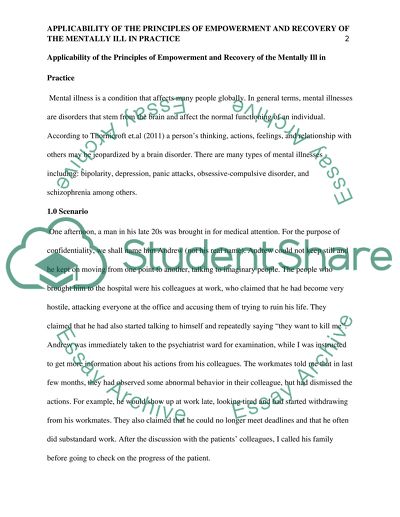Cite this document
(“Applicability of the Principles of Empowerment and Recovery of the Essay”, n.d.)
Retrieved from https://studentshare.org/nursing/1453111-please-look-in-the-instructions-for-the
Retrieved from https://studentshare.org/nursing/1453111-please-look-in-the-instructions-for-the
(Applicability of the Principles of Empowerment and Recovery of the Essay)
https://studentshare.org/nursing/1453111-please-look-in-the-instructions-for-the.
https://studentshare.org/nursing/1453111-please-look-in-the-instructions-for-the.
“Applicability of the Principles of Empowerment and Recovery of the Essay”, n.d. https://studentshare.org/nursing/1453111-please-look-in-the-instructions-for-the.


